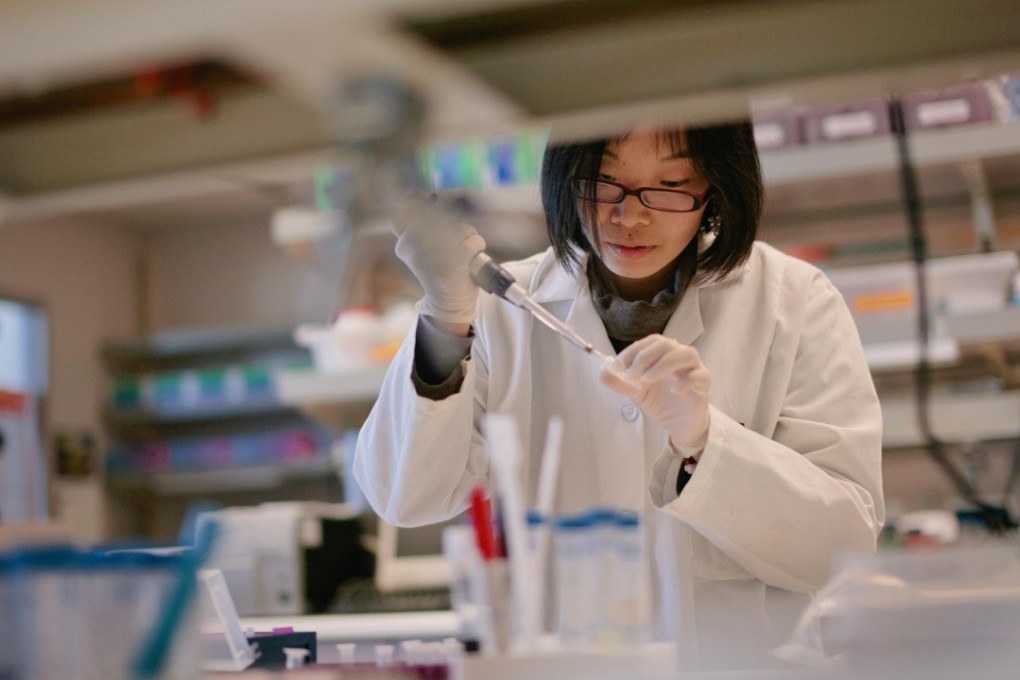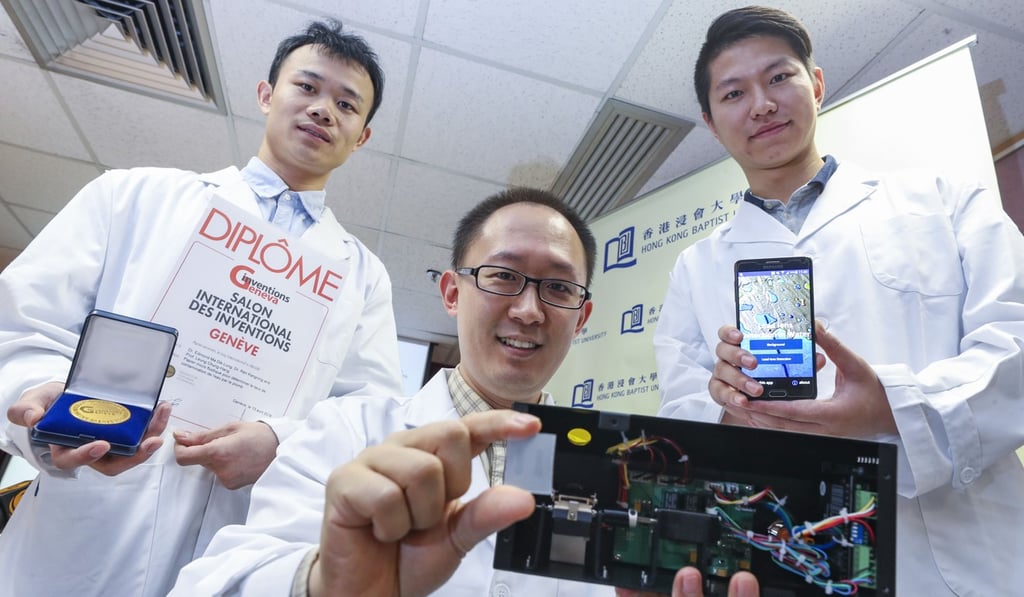Help Hong Kong scientists cut through red tape at the border for Greater Bay Area boost
- Local researchers have to navigate tedious bureaucratic procedures on both sides of the border for permission to import samples

Recent decades have seen increasing collaboration among university researchers in Hong Kong and the mainland in a wide range of disciplines. To further strengthen Hong Kong-mainland ties for academic research, local scientists need more support at the policy level from both the Hong Kong and Chinese governments to overcome the difficulties of transporting biological and chemical samples across the border.
Despite their access to state-of-the-art research equipment, local scientists often have to rely on the mainland for data samples that are difficult to obtain in Hong Kong. To assess the health effects of exposure to environmental contaminants, for example, samples of air, water, soil and food have to be collected from heavily polluted Chinese cities to investigate the sources, distribution and fate of such contaminants. Biological samples such as urine and blood are also needed, to assess the health risks of exposure to the pollutants and to inform the diagnosis of related diseases.

Nevertheless, it is not straightforward for researchers to transport data samples from the mainland to Hong Kong. Local researchers have to navigate tedious bureaucratic procedures on both sides of the border for permission to import the samples. In response to our inquiries on bringing samples of human blood, urine, placenta tissues, river water, soil or animals to the city, the Customs and Excise Department could not provide clear guidelines but had to refer us to the Department of Health, the Water Supplies Department, the Drainage Services Department, the Food and Environmental Hygiene Department and the Agriculture, Fisheries and Conservation Department for further information.
Instead of having to deal with multiple government departments for import permits, local researchers should be given the green light to import biological and chemical samples from the mainland through a single government office jointly authorised by the Hong Kong SAR and Guangdong province, as long as the sample collection procedures have been approved by the university committees on research ethics and safety.